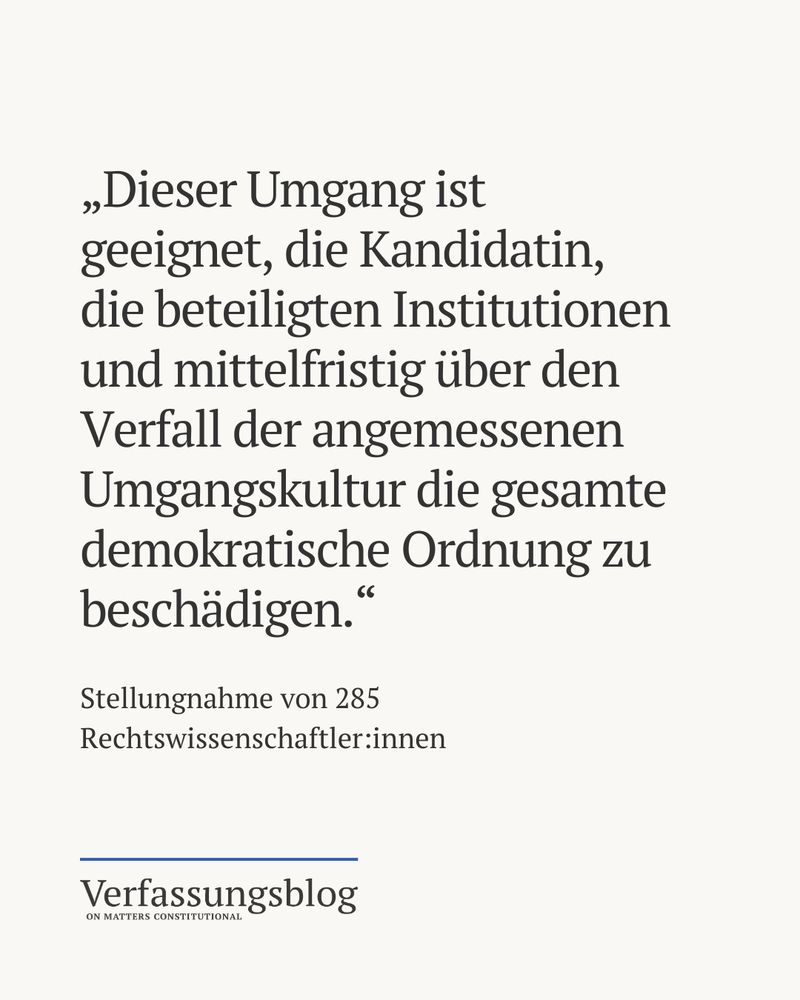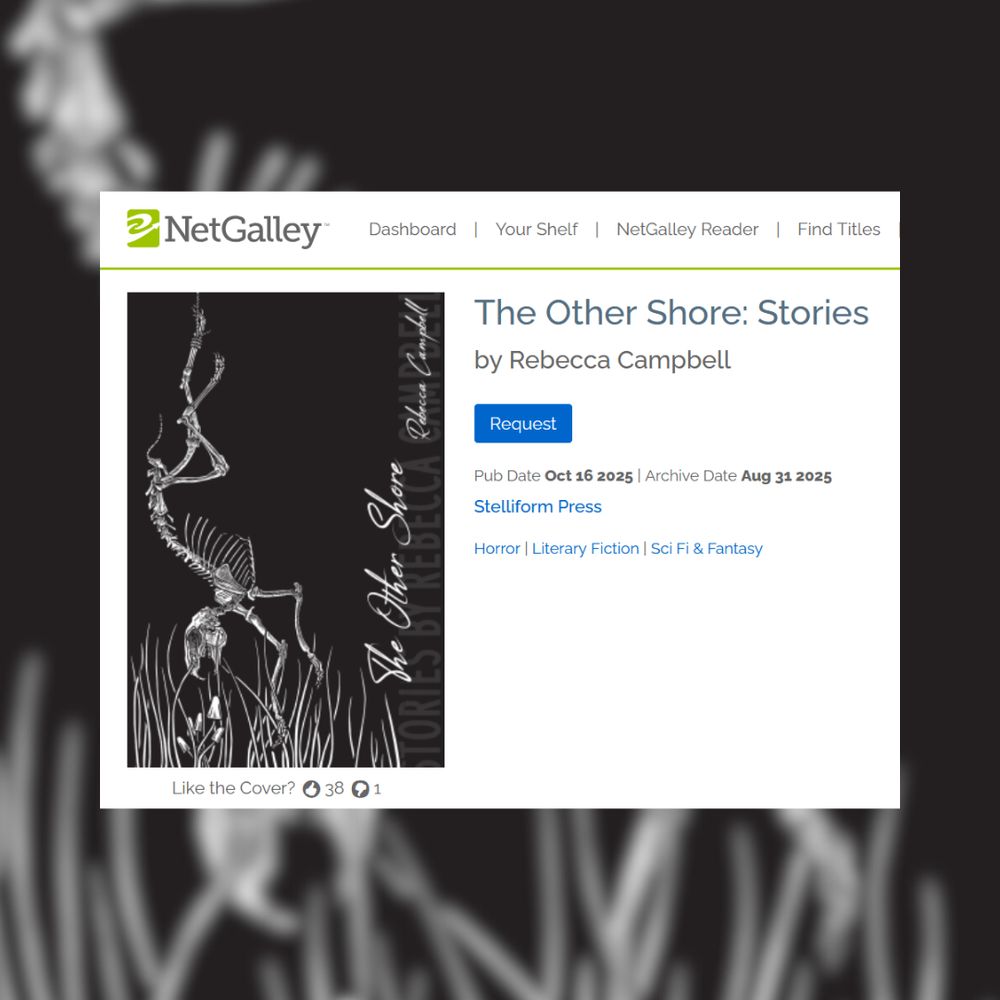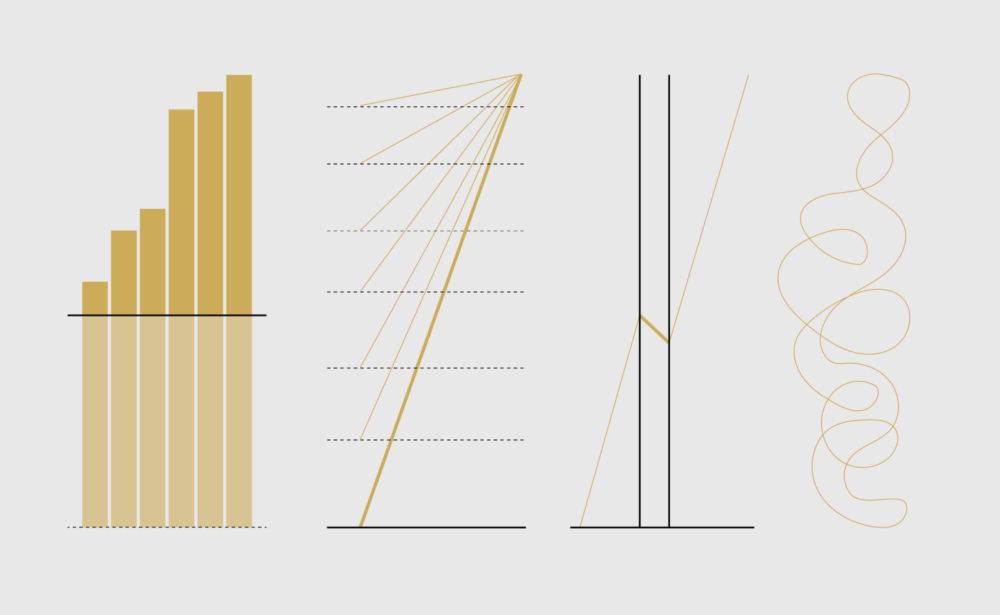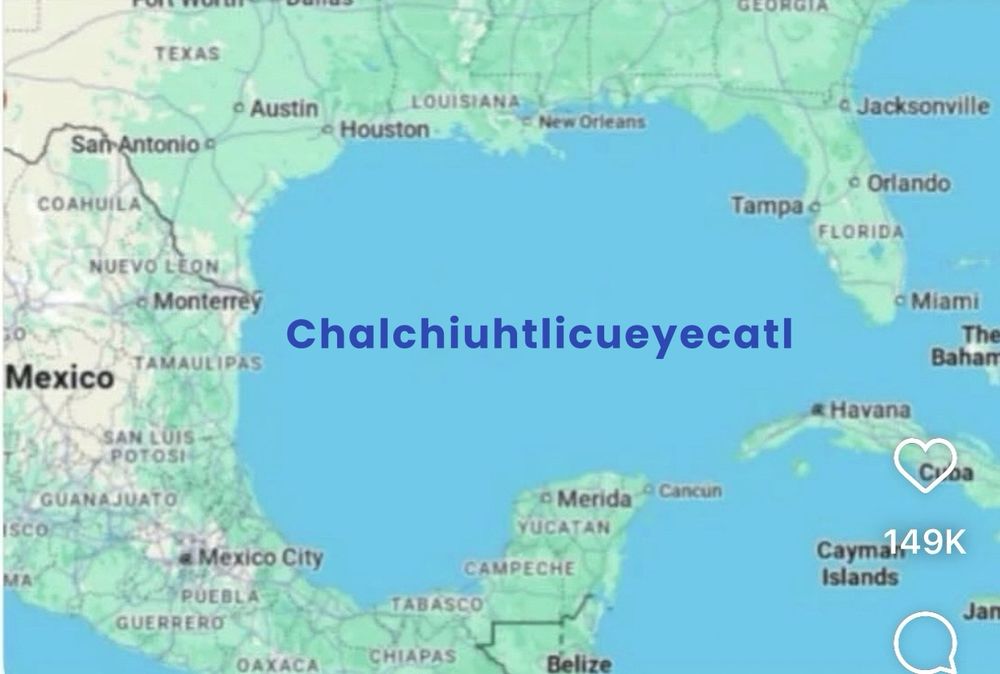Julia Böcker
@flamboyanti.bsky.social
670 followers
770 following
26 posts
Post-doc in Sociology (Lüneburg/Zürich) | culture, knowledge, body, reproduction, law, personhood, loss, climate emotions, future | coffee, dancing, feminism
Posts
Media
Videos
Starter Packs
Reposted by Julia Böcker
Reposted by Julia Böcker
Reposted by Julia Böcker
Reposted by Julia Böcker
Reposted by Julia Böcker
Teresa Bücker
@teresabuecker.bsky.social
· Jul 13
Reposted by Julia Böcker
Kara Gavin
@karagavin.bsky.social
· Jul 7

Fewer women amplify their scientific voices online
A new University of Michigan study finds that women are about 28% less likely than men to promote their scientific papers on X (formerly Twitter)—a seemingly minor digital decision that could have big...
news.umich.edu
Reposted by Julia Böcker
Julia Böcker
@flamboyanti.bsky.social
· Jun 16
Reposted by Julia Böcker
Julia Böcker
@flamboyanti.bsky.social
· Jun 16
Reposted by Julia Böcker
Reposted by Julia Böcker
Reposted by Julia Böcker
Tomás Criado
@tscriado.bsky.social
· Apr 30
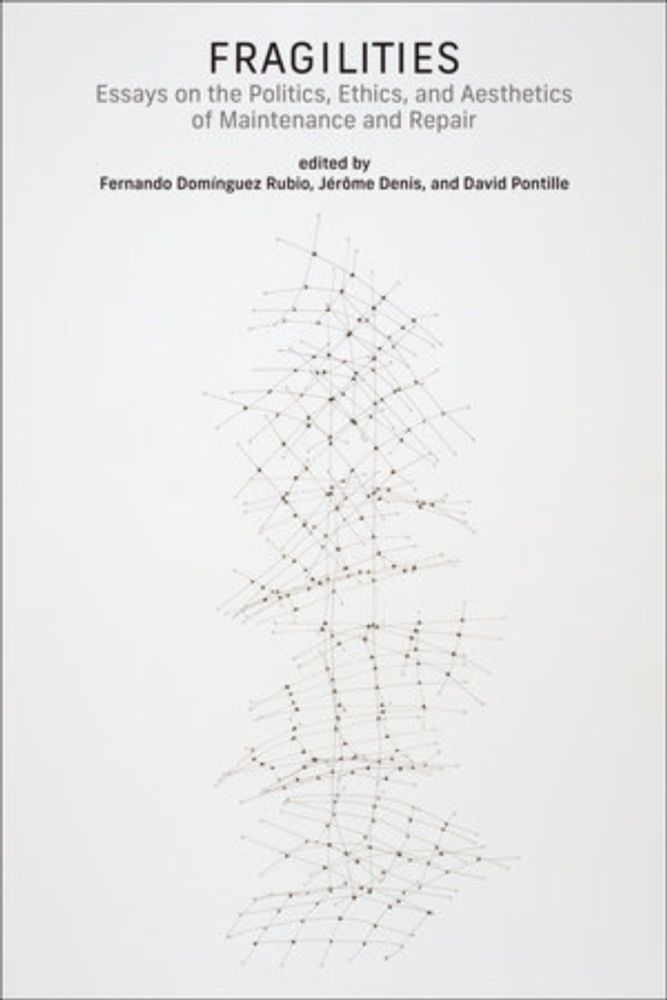
Fragilities: Essays on the Politics, Ethics, and Aesthetics of Maintenance and Repair
An original essay collection that explores the generative dimensions of fragility, which can help reveal new life-affirming politics and ethics.At a time w
direct.mit.edu
Reposted by Julia Böcker
Reposted by Julia Böcker
Reposted by Julia Böcker
Reposted by Julia Böcker
Reposted by Julia Böcker
Reposted by Julia Böcker
Reposted by Julia Böcker
Reposted by Julia Böcker
Christina Clemm
@clemm.bsky.social
· Feb 10
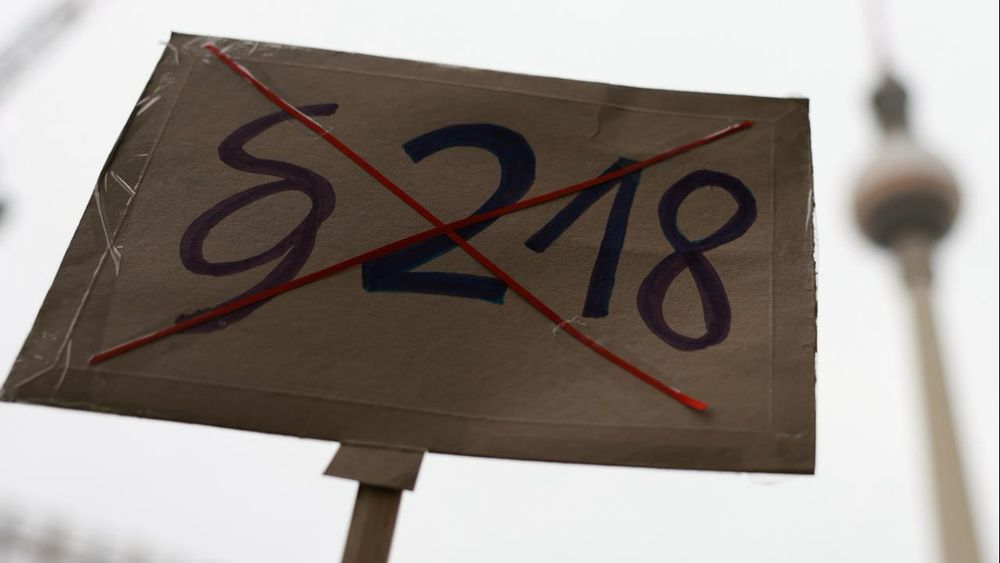
Legalisierung von Abtreibungen vorerst gescheitert
Das Vorhaben, Abtreibungen in den ersten zwölf Wochen einer Schwangerschaft zu legalisieren, ist vorerst gescheitert. Der Bundestag wird über einen entsprechenden Antrag vor der Wahl nicht mehr abstim...
www.tagesschau.de





